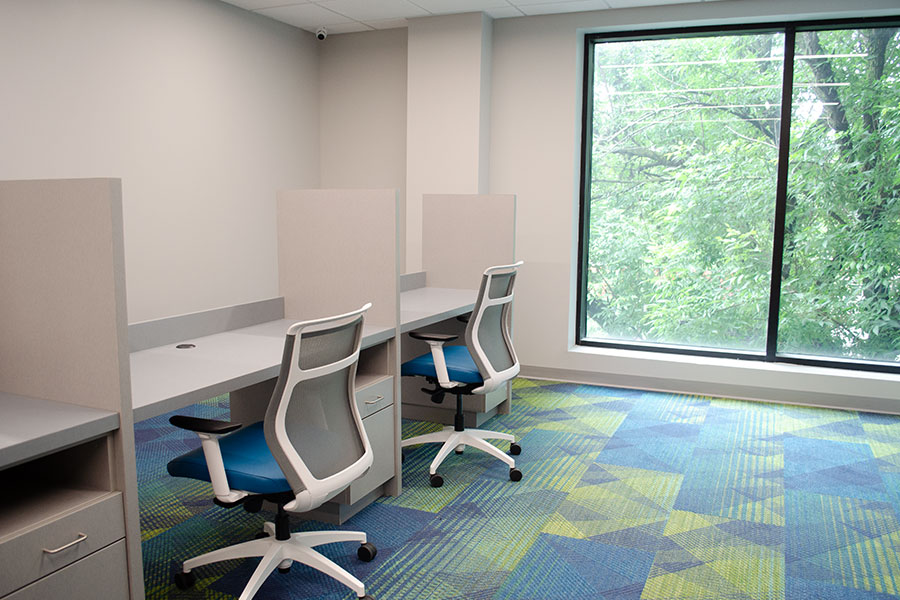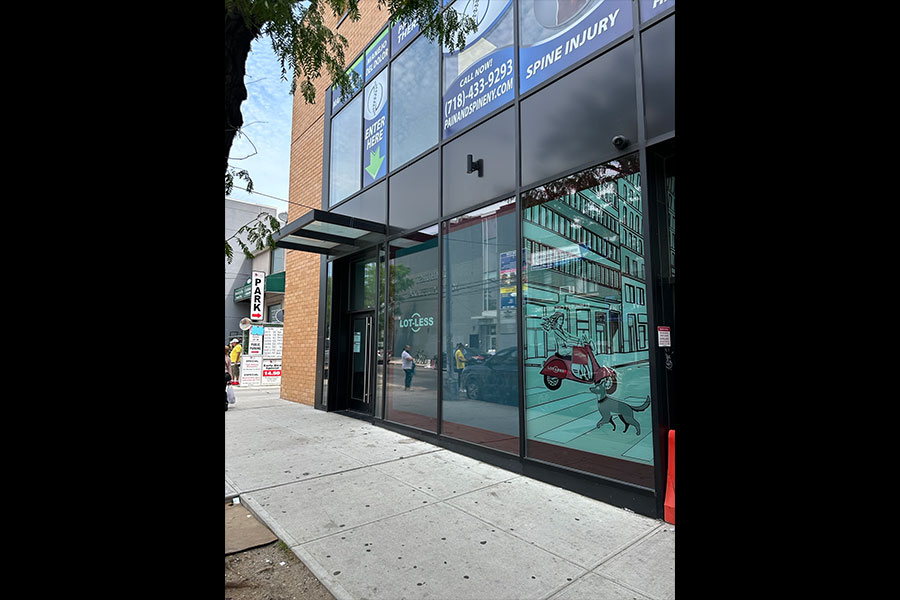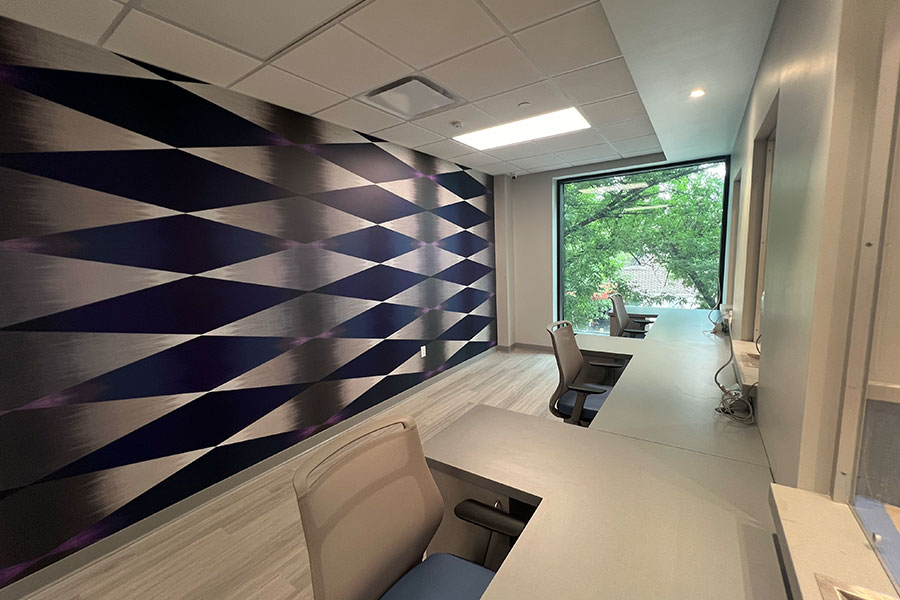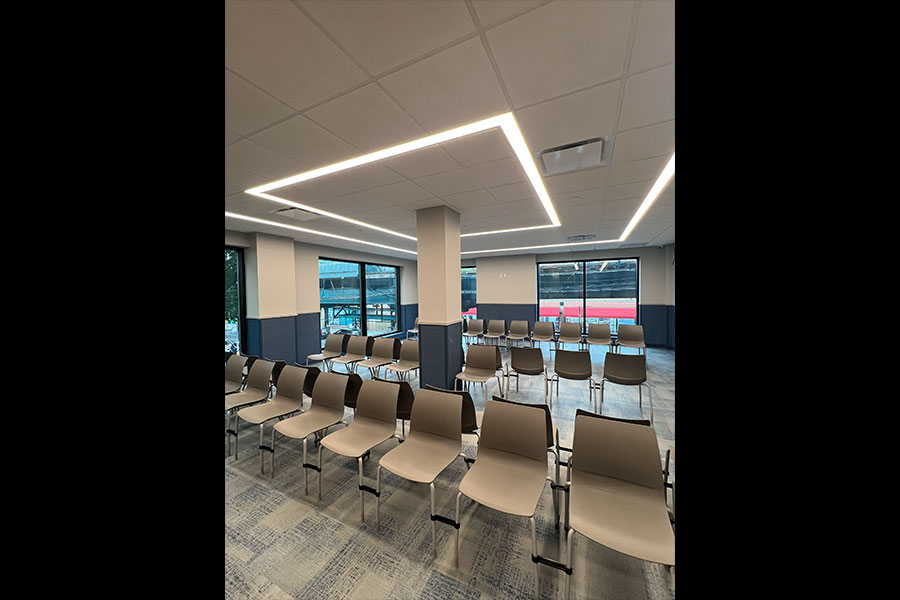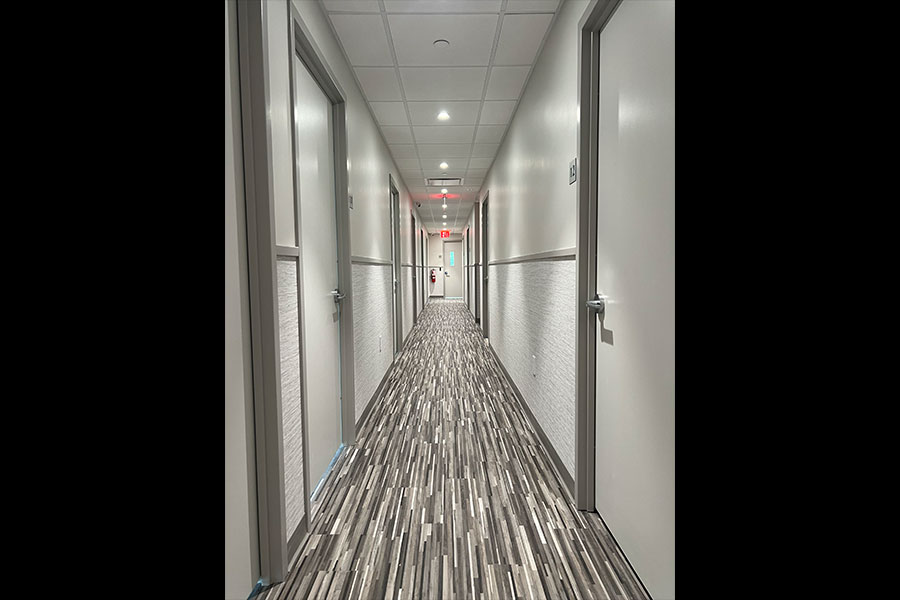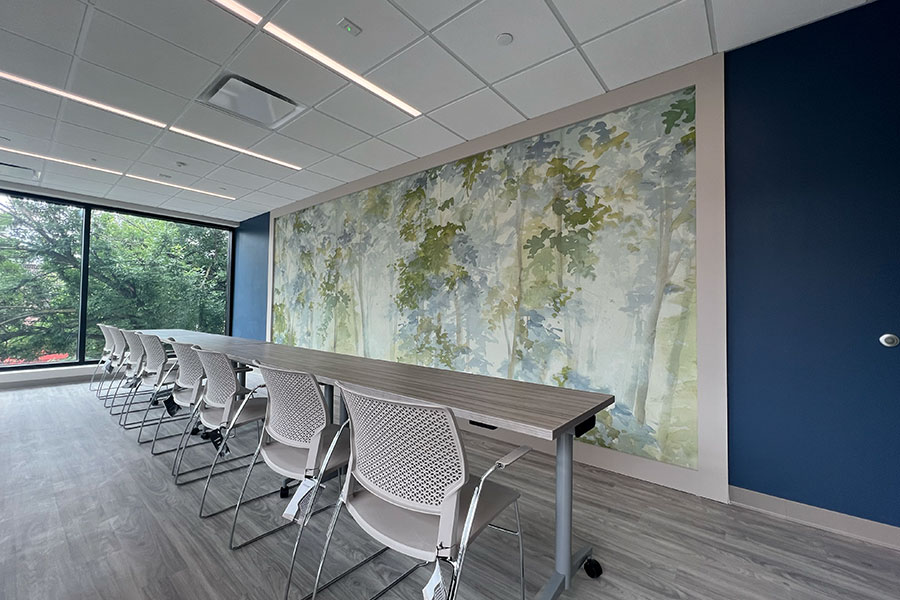Ten-year-old Jaylynn Padgett had the audience clapping along and curious passersby stopping to listen Saturday as she belted out “Rise Up,” in a performance of pre-teens and teens coordinated by Road Recovery’s Trax Program and BronxConnect’s Release the Grip.
“Rise Up” was written by young people in the two programs. Trax uses music as a way for young people to cope with their struggles and the world. Release the Grip is an anti-gun violence group.
As she took her bows, Padgett credited her mother, sitting in the audience, with being her fortitude. “This beautiful lady raised me to not care what anybody thinks,” she said. It was a message she wanted the supportive audience to hear – about her road to the stage at such a young age.
The two sponsoring organizations work to empower not only at-risk youth, but also children who live in a neighborhood that is under-resourced and underfunded. The programs’ initiatives are to help young people work through their feelings and become a positive change in their neighborhoods through artistic expression and creative intervention.
“I believe the arts is therapeutic,” said BronxConnect’s director, Tara Brown-Arnell. But BronxConnect does more than use the arts to steer young people towards positive change. They also supply them with work readiness programs that help with interviewing skills, teach them how to create resumes and also assist with job placement.
Historically, the Bronx has been the leader in violent crime across the five boroughs with more than 14,000 cases of violent crime in 2021 according to the New York State Division of Criminal Justice Services. In a recent youth gang prevention training that took place at the New York Psychotherapy and Counseling Center at 579 Courtlandt Ave., criminality can begin as early as 10 years old.
“A lot of it is starting at elementary,” said Beth Bitton, an attendee of the training and a school social worker at Edward A. Reynold’s Westside High School in Manhattan.
Gene Bowen, the founder of Road Recovery, stresses the importance of the Trax program. “The whole idea is to validate the voice of these young people. Your message, your voice has tremendous value,” he said. Bowen is a former tour manager for musicians and 31 years sober, which allows him to understand the challenges of recovery first-hand.
Ralph Marfo, 21, joined Road Recovery’s Trax program through BronxConnect in 2018 and was on hand at Friday’s event to play keyboard and drums, as well as freestyle over his own beats which he makes using the Garageband software. Marfo lives on the Grand Concourse and has witnessed the violence that occurs in the Bronx.
“I’ve seen stuff go down – people getting knocked out, fights, stabbings, arguments, domestic violence. Too much bad energy in the air,” he said.
Marfo has always been on the straight-and-narrow by learning from the mistakes of others and by personifying the change he wants to see in his community. He recently began a position at the Apollo Theater Group teaching children how to create their own beats.
“I just want to be a huge role model for the kids and their families,” he said.
Despite the name of the program and the origins of its founding, Road Recovery goes beyond substance abuse. “Everybody’s in recovery – is it your health? Is it abuse? What are you going through? It’s not just addiction,” said Tommy “Buddha,” creative director for Road Recovery, who works hands-on with the program’s several clubhouses across New York State.
Buddha helps produce the shows and folds the adversities that the young people are experiencing into their performances. He grew up in the Bronx and was already using drugs by the age of 11. He is now 30 years sober and working to be the intervention he lacked as a child.
“Our greatest asset is our kids – and unfortunately, what we’ve seen in this country is that we don’t take that seriously, we don’t honor that, we don’t develop that, and that’s what we’re trying to do here.” said Bowen.
The Trax Program is free to participants and begins its next creative cycle on April 7 with rehearsals once a week for 12 weeks to produce the next powerful show. Each cycle typically serves as many as 12 to 15 youth at a time.
If you’re a young person or a parent of a young person aged 10-21, and would like to be part of an opportunity to use performance as catharsis, contact BronxConnect or walk into their office at 432 E. 149th.

